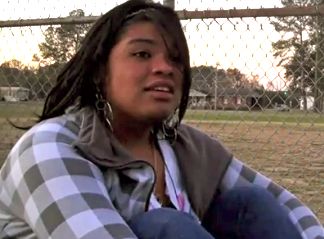On Dec. 3, the 27th anniversary of the Bhopal disaster, anti-pesticide advocates are bringing the six largest pesticide companies to trial. Or rather, to something called The Permanent People’s Tribunal, an international body that “officially facilitates the trial, lacking any set of binding national laws.” According to a recent press release from the North American branch of Pesticide Action Network (PAN), a group of attorneys, witnesses, and jurors will approximate a process that puts the companies — Monsanto, Syngenta, Bayer, BASF, Dow, and Dupont, or the “Big 6” — on trial, for what PAN calls “their crimes against humanity, including basic rights to life, livelihood and health” in Bangalore, India.
Whether or not the trial will have any real impact on the these companies’ bottom lines is hard to predict, but PAN is using the occasion to share the testimonies of several of the trial’s witnesses with a wider audience.
Take Viola, a Yupik Eskimo who speaks about pesticides and other chemical residue in her community’s traditional foods (like the whale fat, or blubber, mothers give to teething children) and bioaccumulation in breast milk:
Here, a very young farmworker, Mildre Lima, describes (in fairly visceral language) the experience of working in a tobacco field where pesticide was being sprayed:
Jeff Anderson is another example. He says, “When you go to a systematic-type pesticide, you’ve created a situation where the plant is toxic for the full growing cycle. Unfortunately for pollinators, they forage on these plants — for both pollen (the protein they need) and nectar (the carbohydrates they need). If those items are contaminated and they ingest them for long periods of time, it creates a long, slow poisoning.”



